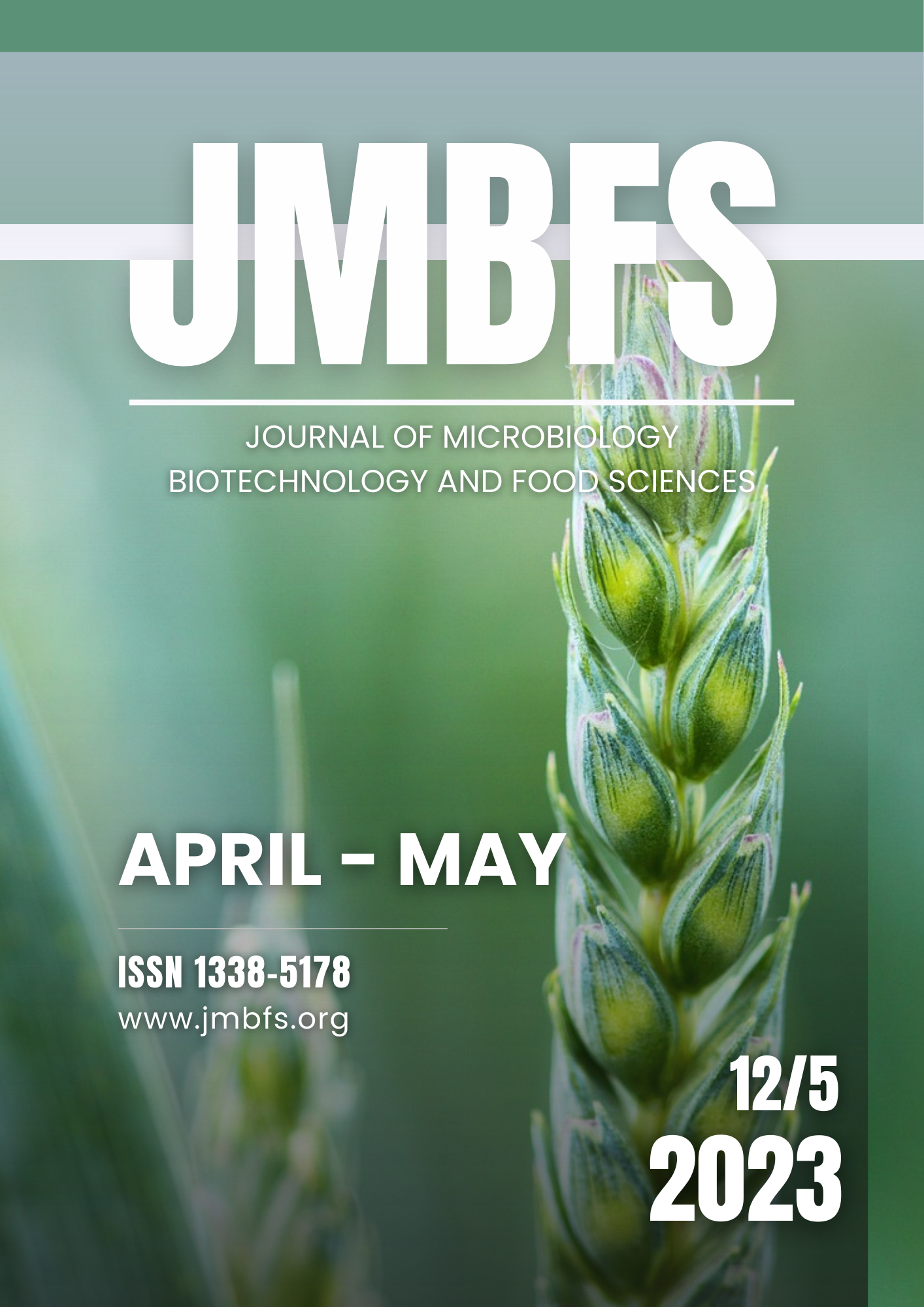MOLECULAR DOCKING ANALYSIS OF ORGANIC ACIDS (OA) FROM HONEY AS MODULATORS OF HUMAN FERRITIN, TRANSFERRIN, AND HEPCIDIN
DOI:
https://doi.org/10.55251/jmbfs.5743Keywords:
Molecular docking, honey, organic acids, Ferritin, Transferrin, Hepicidin, kynurenic acidAbstract
Organic acids (OA) have been known to regulate both the availability and absorption of non-heme iron. Honey contains 0.57 % of organic acids (OA). These prompt us to carry out the present study, where fifty-three selected (honey) ligands were assessed on the docking behavior of human Ferritin, Transferrin, and Hepcidin using the PatchDock method. Furthermore, Molecular physicochemical and Absorption, Distribution, Metabolism, and Excretion (ADME) analyses were also carried out using Molinspiration and Swiss ADME online servers, respectively. Molecular Physico-chemical analysis has shown that all the ligands (except folic acid, gluconic acid, and lactobionic acid) have obeyed Lipinski's Rule of five. With regard to ADME analysis, two ligands (D-galacturonic acid and quinic acid) have been predicted to possess P-glycoprotein (P-gp) inhibition effect. In addition, the docking studies revealed that kynurenic acid showed the highest atomic contact energy for all the target proteins human Ferritin (-133.39 kcal/mol), Transferrin (-102.84 kcal/mol), and Hepcidin (-197.64 kcal/mol), respectively. Thus the present findings provide a new insight in understanding fifty-three selected (honey) ligands as modulators of human Ferritin, Transferrin, and Hepcidin.
Downloads
Downloads
Published
How to Cite
Issue
Section
License
Copyright (c) 2022 Srinivasan Kumaraswamy, Geetha Arumugam, Geetha Arumugam, Ashok Kumar Pandurangan, Vasantha Srinivasan Prabhakaran, RADHAKRISHNAN NARAYANASWAMY

This work is licensed under a Creative Commons Attribution 4.0 International License.
All papers published in the Journal of Microbiology, Biotechnology and Food Sciences are published under a CC-BY licence (CC-BY 4.0). Published materials can be shared (copy and redistribute the material in any medium or format) and adapted (remix, transform, and build upon the material for any purpose, even commercially) with specifying the author(s).





